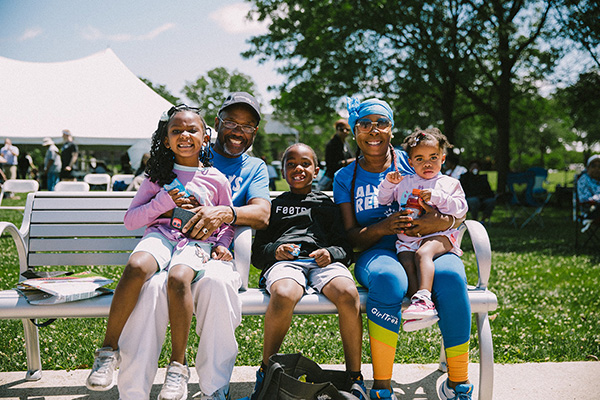 With spring in the air and warm weather on the horizon, now’s the perfect time to look in to the many outdoor activities Southfield City Centre has to offer. Whether you’re a resident, employee or visitor, there’s something for everyone to enjoy.
With spring in the air and warm weather on the horizon, now’s the perfect time to look in to the many outdoor activities Southfield City Centre has to offer. Whether you’re a resident, employee or visitor, there’s something for everyone to enjoy.
Get moving on the Southfield City Centre Trail with a walk, jog or bike ride during lunchtime or after work. The trail features nearly 9 miles of non-motorized pathways, including a 3.5-mile “Inner Loop” where you’ll find several outdoor art installations. The Monarch Butterfly Pollinator Garden, Tapestry of a Community and Red Pole Park are just a few.
“We want to make our city more pedestrian friendly and encourage people to engage in heart-healthy activities like biking and walking,” says Terry Croad, AICP, ASLA and director of planning for the City of Southfield. “It’s a great way to enhance your overall health, reduce stress and enjoy nature.”
A Bike Share program (with 9 convenient locations]) makes it easy to ride the trail. For a 3.5 guided tour of 26 public works of art and cultural sites along the trail, download the PocketSights app to your mobile device and search “Southfield, Michigan.”
Get out on the green. If you’re a golfer, don’t miss your chance to tee off at the Evergreen Hills Golf Course, located at the Southfield Municipal Campus, 26000 Evergreen Road, this 9-hole, par 34, 2,954-yard public course features beautifully landscaped grounds and manicured fairways. The course is scheduled to open April 1, weather permitting (check Southfield Parks and Recreation Facebook page).
Grab lunch at one of your favorite Southfield restaurants, find an open bench along Evergreen or Civic Center Drive and enjoy the great outdoors.
For the athlete in you, the Southfield Municipal Campus is home to baseball diamonds, soccer fields and every type of court imaginable, including volleyball, tennis, pickleball, basketball and racquetball.
Eat to the Beat is your chance to take a break in the middle of the day. This Southfield City Centre annual summertime lunchtime food truck and entertainment event offers delicious eats and some of the best live bands in metro Detroit. It all happens the second Thursday, June through September, at the Southfield Municipal Campus, 26000 Evergreen Road.
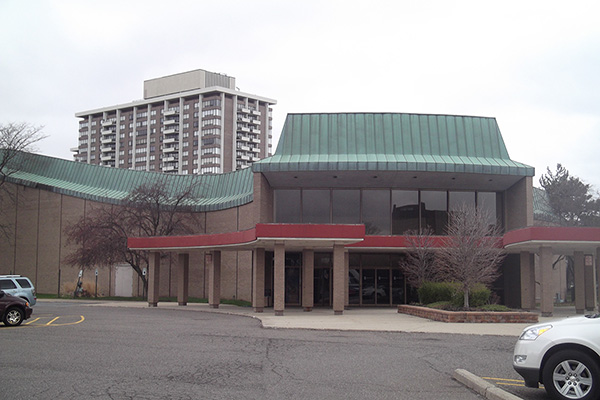 Mid-century modern enthusiasts are invited to join us June 9th as we tour homes, neighborhoods, commercial buildings and religious institutions throughout the Southfield City Centre and citywide.
Mid-century modern enthusiasts are invited to join us June 9th as we tour homes, neighborhoods, commercial buildings and religious institutions throughout the Southfield City Centre and citywide.




 When the City of Southfield earned the title, “Top City in the U.S. for Black Women to Flourish Financially,” for the second year by
When the City of Southfield earned the title, “Top City in the U.S. for Black Women to Flourish Financially,” for the second year by 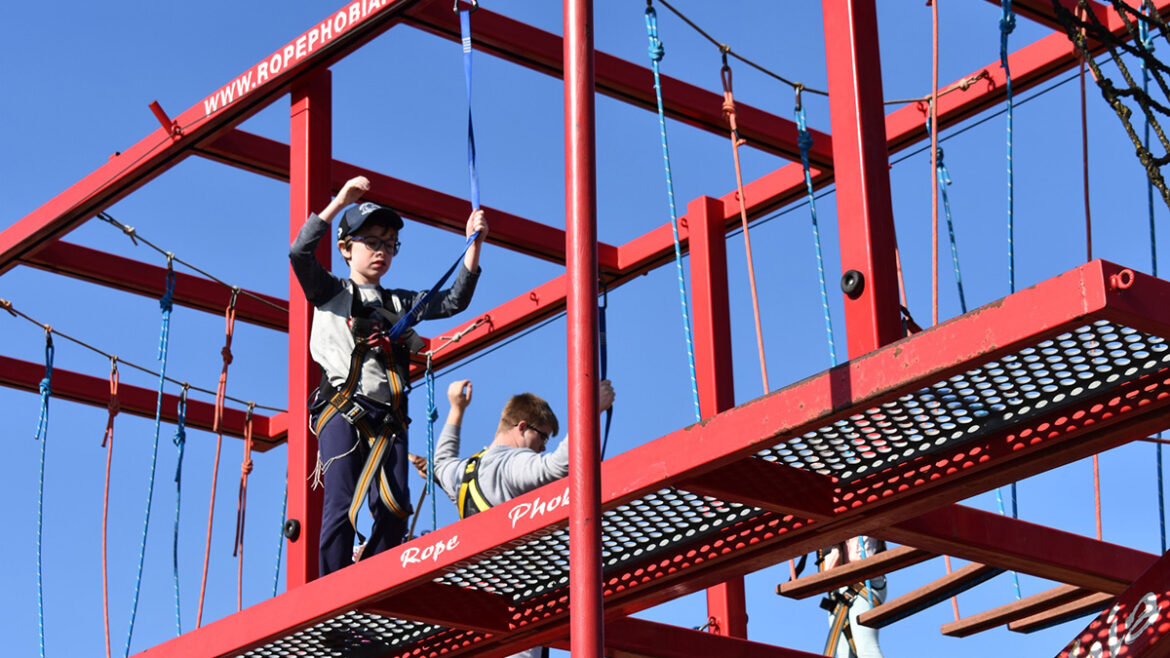
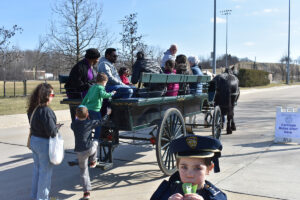

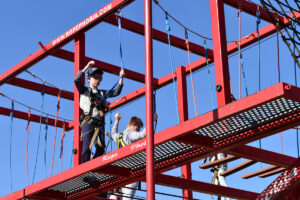
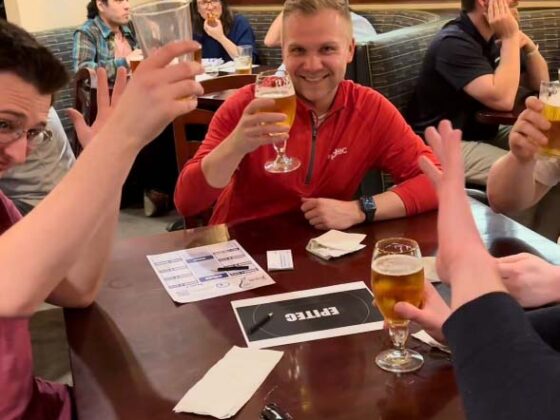
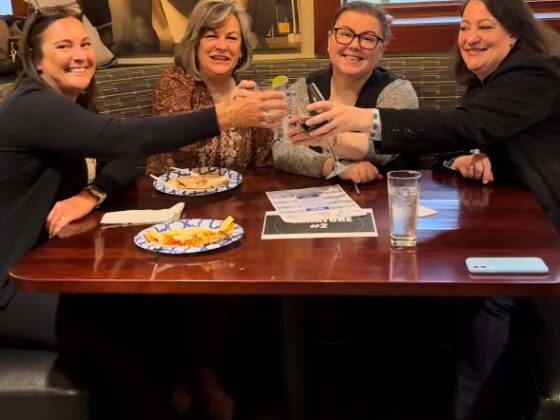
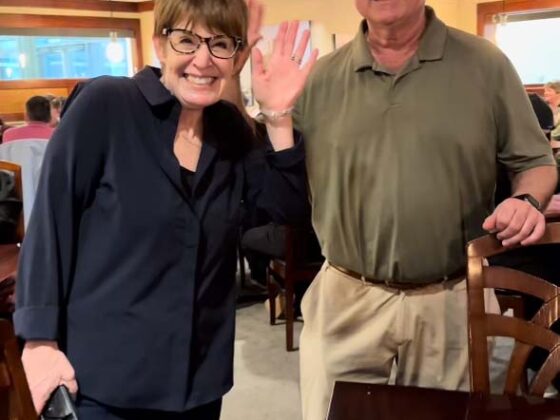

 With spring in the air and warm weather on the horizon, now’s the perfect time to look in to the many outdoor activities Southfield City Centre has to offer. Whether you’re a resident, employee or visitor, there’s something for everyone to enjoy.
With spring in the air and warm weather on the horizon, now’s the perfect time to look in to the many outdoor activities Southfield City Centre has to offer. Whether you’re a resident, employee or visitor, there’s something for everyone to enjoy.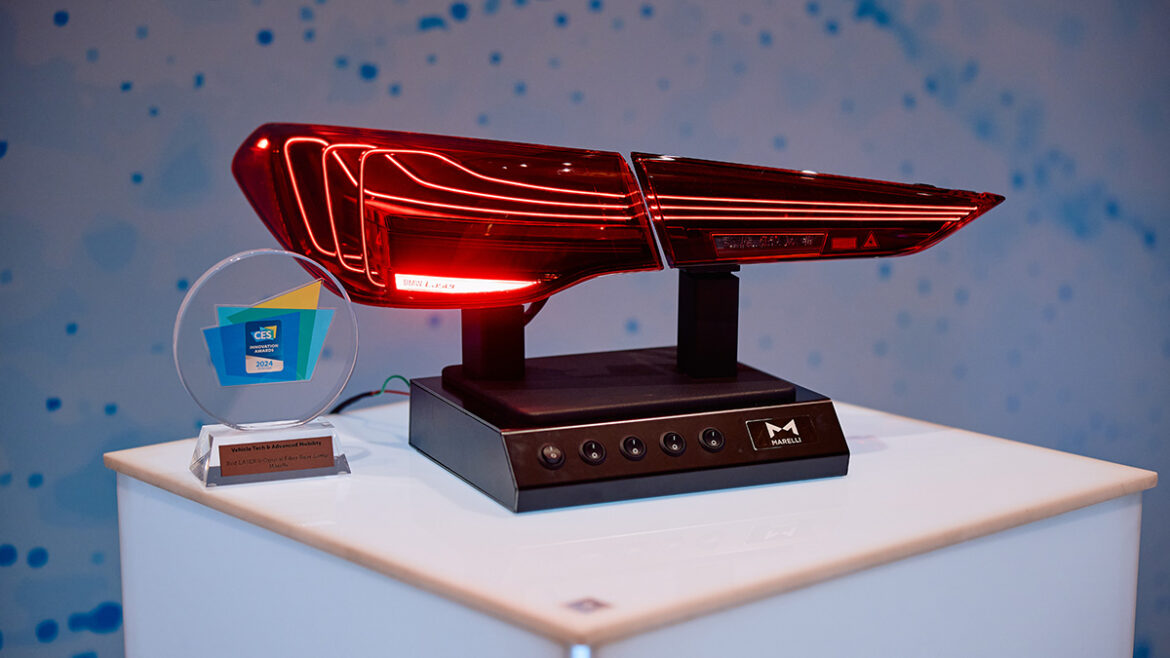
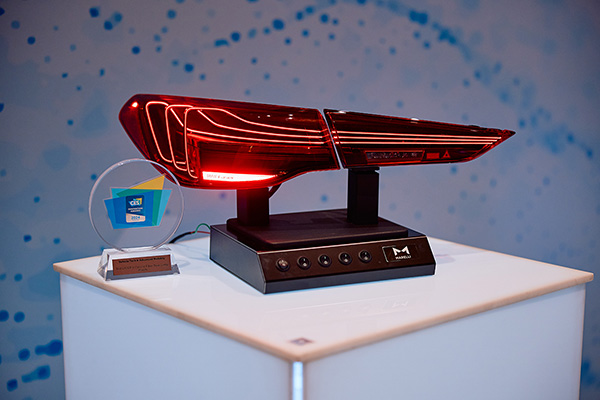 When German automaker BMW requested a distinctive rear taillight for an upcoming model, Marelli — a leading mobility technology supplier to the automotive sector — rose to the occasion. As a bonus, the company received global recognition for the innovative lighting technology used in the creation.
When German automaker BMW requested a distinctive rear taillight for an upcoming model, Marelli — a leading mobility technology supplier to the automotive sector — rose to the occasion. As a bonus, the company received global recognition for the innovative lighting technology used in the creation.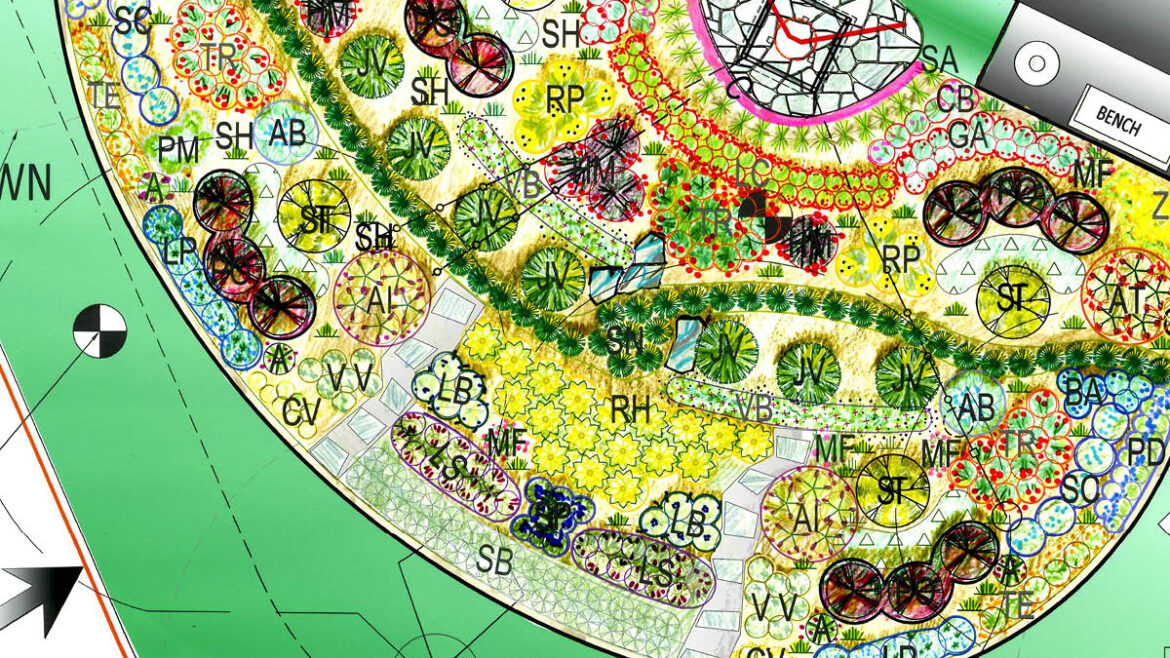
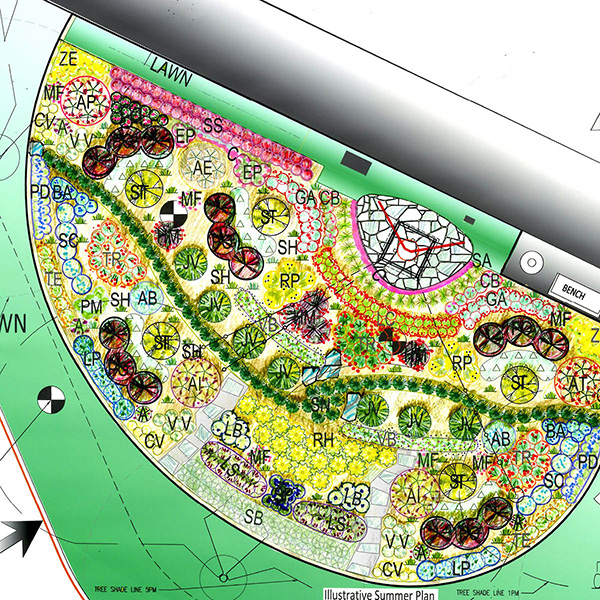 In July 2022, the Monarch butterfly was put on the endangered species list by the International Union for the Conservation of Nature.
In July 2022, the Monarch butterfly was put on the endangered species list by the International Union for the Conservation of Nature.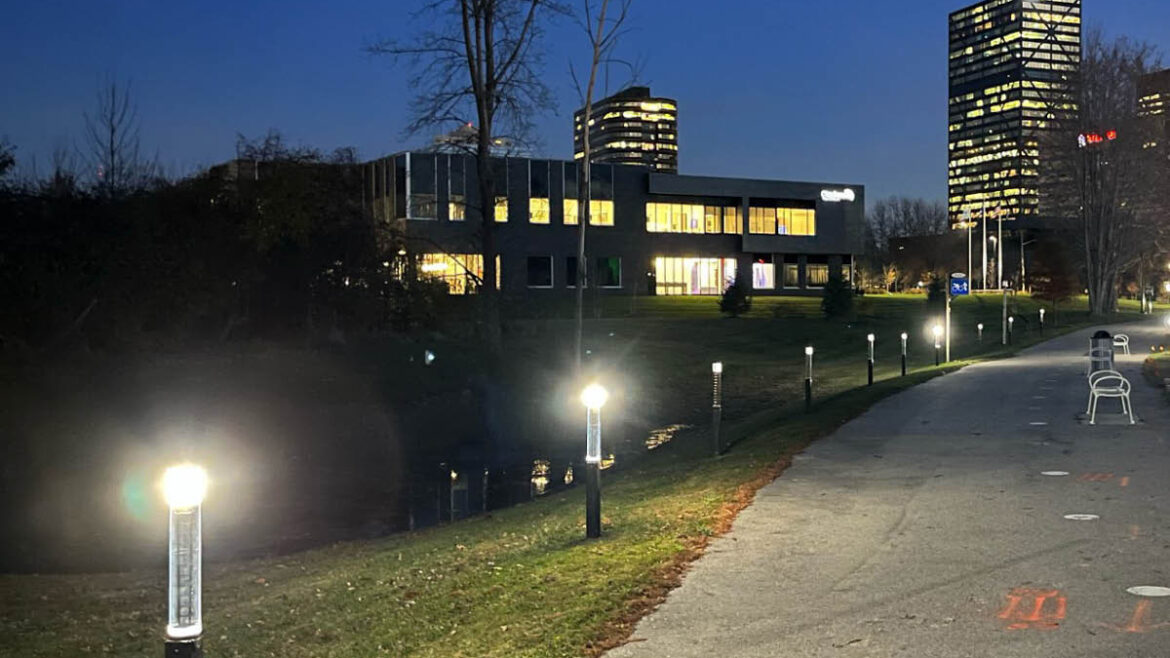
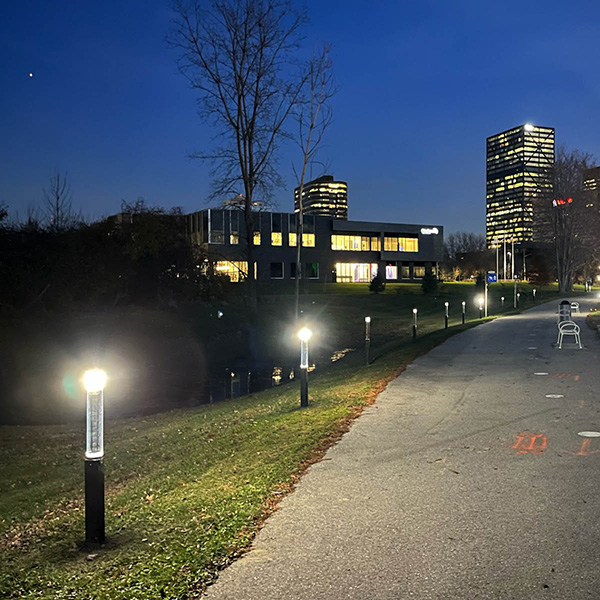 Those walking the Southfield City Centre Trail near Red Pole Park in the evenings are finding things a little brighter, the result of a new solar-powered, motion-activated lighting system recently installed this fall.
Those walking the Southfield City Centre Trail near Red Pole Park in the evenings are finding things a little brighter, the result of a new solar-powered, motion-activated lighting system recently installed this fall.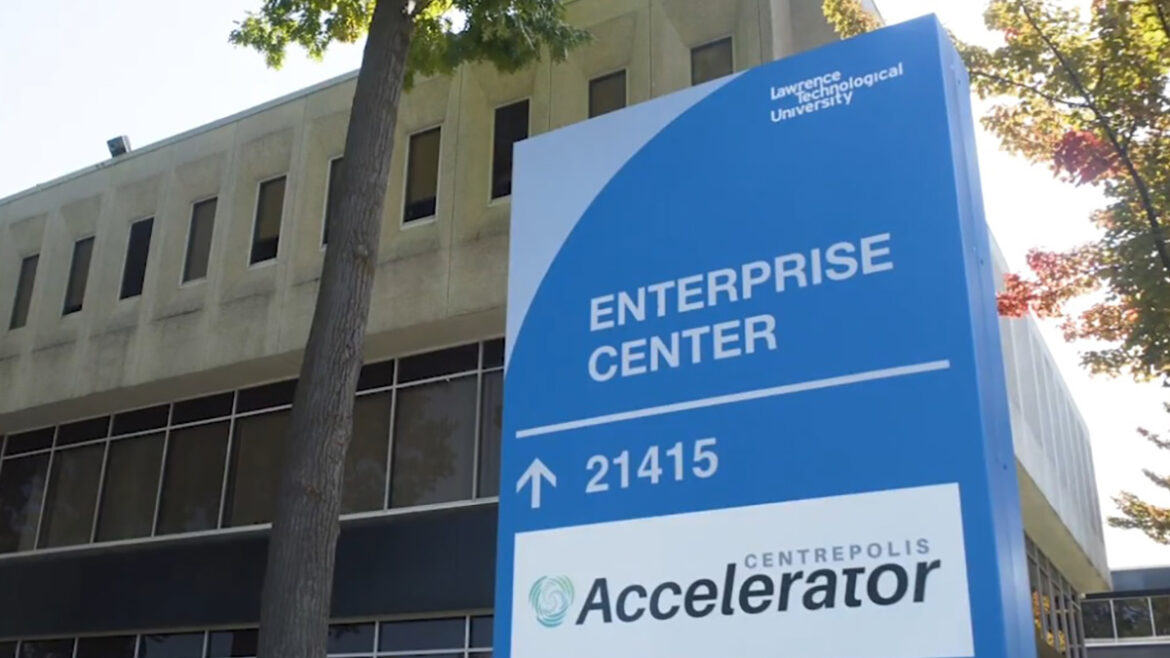
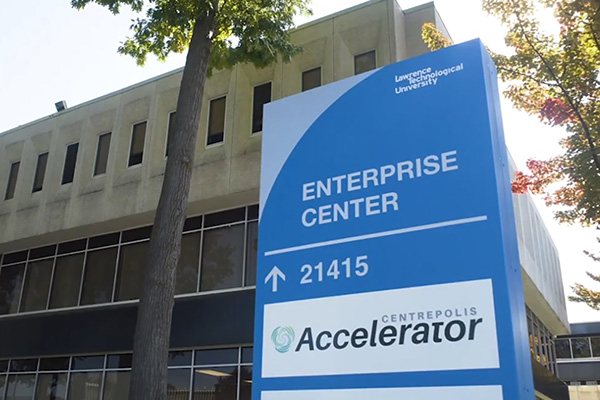 The Centrepolis Accelerator at Lawrence Technological University has won a $150,000 Stage Two Growth Accelerator Fund grant from the U.S. Small Business Administration’s Office of Investment and Innovation.
The Centrepolis Accelerator at Lawrence Technological University has won a $150,000 Stage Two Growth Accelerator Fund grant from the U.S. Small Business Administration’s Office of Investment and Innovation.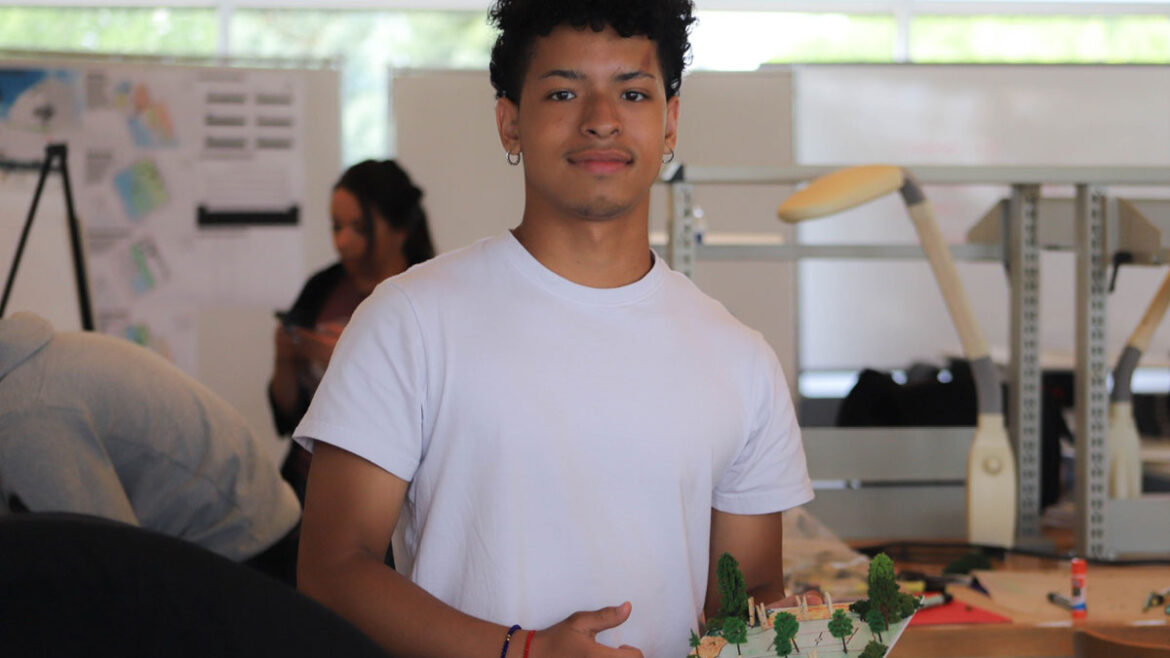
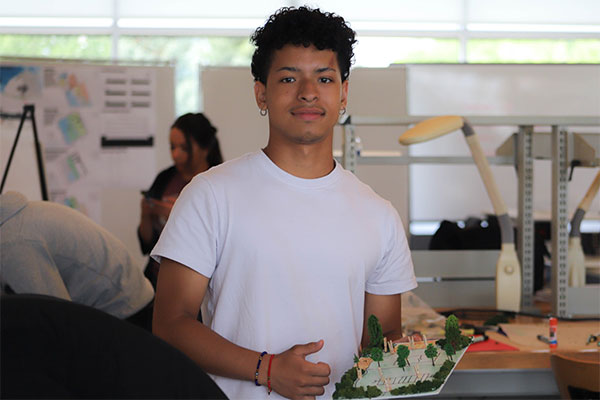 Nine students from Southeast Michigan, Chicago and Brooklyn, New York, registered for “Placemaking through Landscape Design” a week-long summer camp organized by Lawrence Technological University, the Michigan Chapter of the American Society of Landscape Architects (ASLA) Diversity, Equity and Inclusion Committee, the City of Southfield and Southfield City Centre. The camp, which began July 17, aims to introduce BIPOC (Black, Indigenous, People of Color) and underserved students to landscape architecture and encourage them to consider the field as a career choice, says Terry Croad, AICP, ASLA and director of planning for the City of Southfield. “We also expose students to the various professions in which landscape architects work, such as the private, public and non-profit sectors as well as education and research,”
Nine students from Southeast Michigan, Chicago and Brooklyn, New York, registered for “Placemaking through Landscape Design” a week-long summer camp organized by Lawrence Technological University, the Michigan Chapter of the American Society of Landscape Architects (ASLA) Diversity, Equity and Inclusion Committee, the City of Southfield and Southfield City Centre. The camp, which began July 17, aims to introduce BIPOC (Black, Indigenous, People of Color) and underserved students to landscape architecture and encourage them to consider the field as a career choice, says Terry Croad, AICP, ASLA and director of planning for the City of Southfield. “We also expose students to the various professions in which landscape architects work, such as the private, public and non-profit sectors as well as education and research,”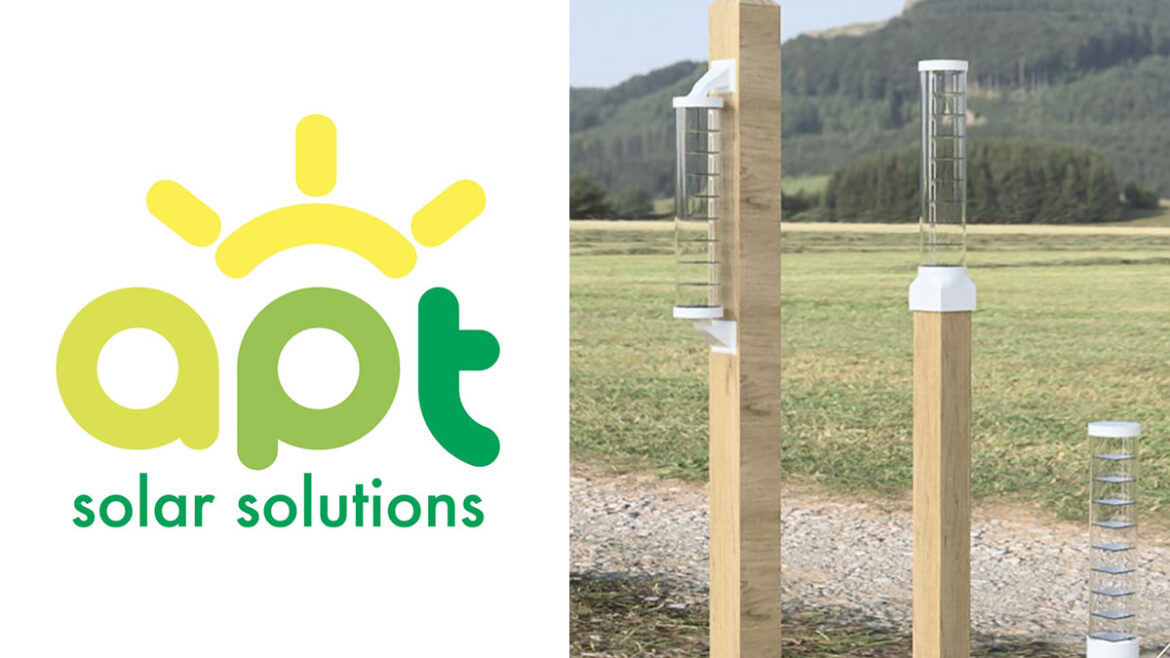
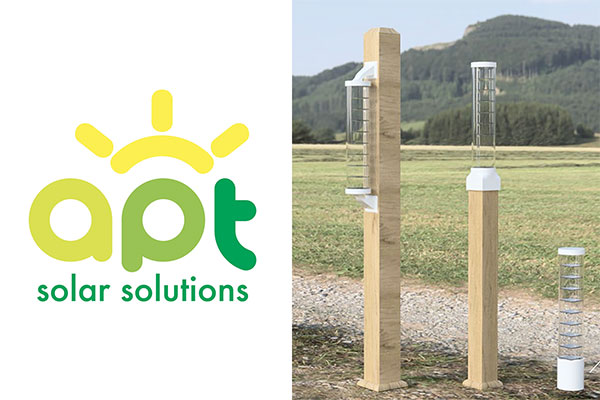 Southfield is one of 12 locations across the state chosen to test a new solar-powered lighting system developed by APT Solar Solutions, an Ann Arbor-based start-up company. A 400-foot stretch of the City Centre Trail, southeast of Red Pole Park, is the proposed location for the high-powered illumination. Installation of the lighting system is expected this fall.
Southfield is one of 12 locations across the state chosen to test a new solar-powered lighting system developed by APT Solar Solutions, an Ann Arbor-based start-up company. A 400-foot stretch of the City Centre Trail, southeast of Red Pole Park, is the proposed location for the high-powered illumination. Installation of the lighting system is expected this fall.